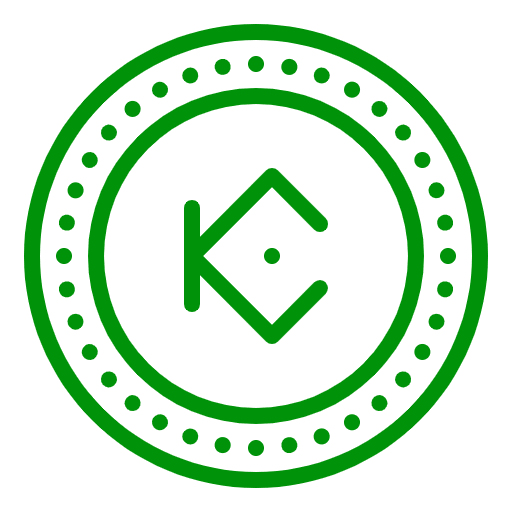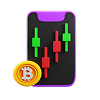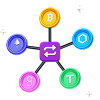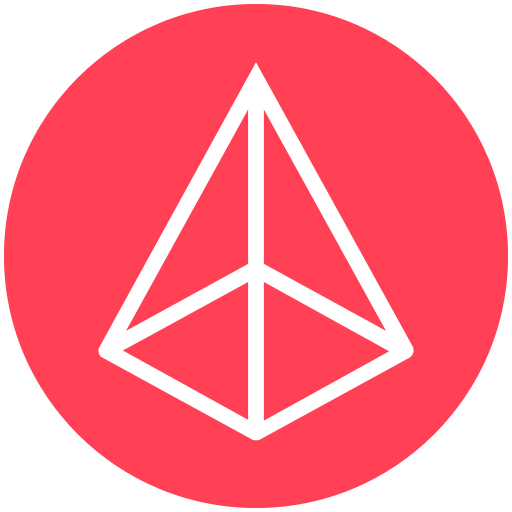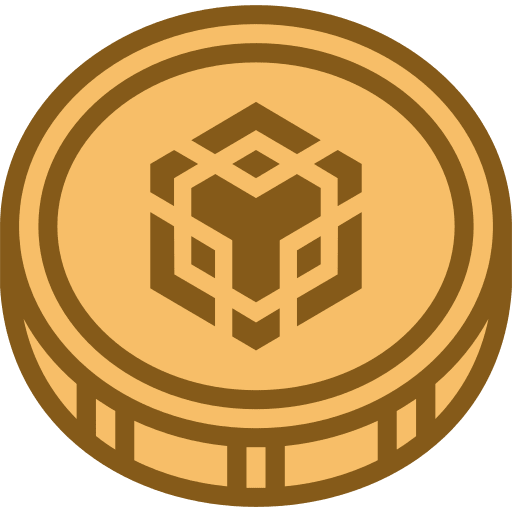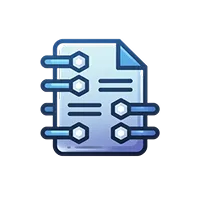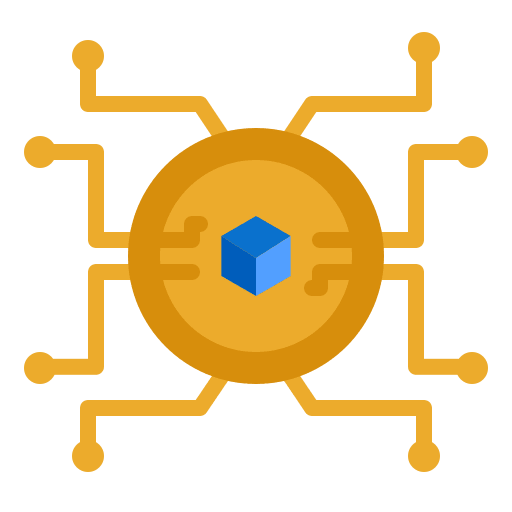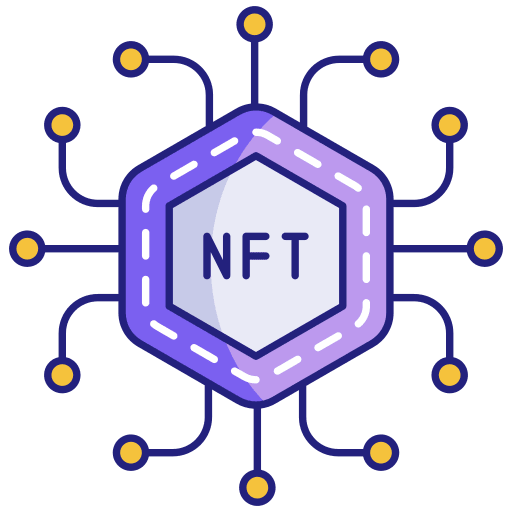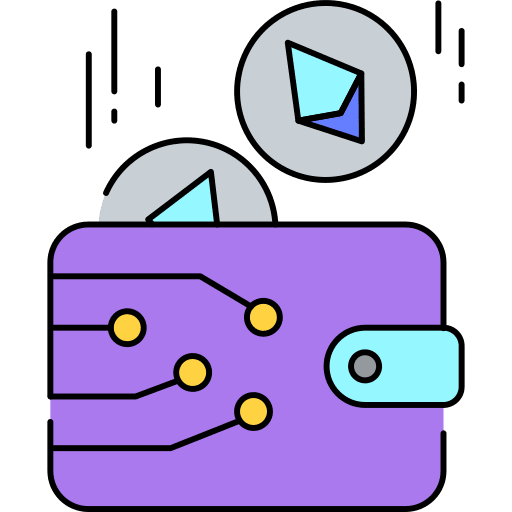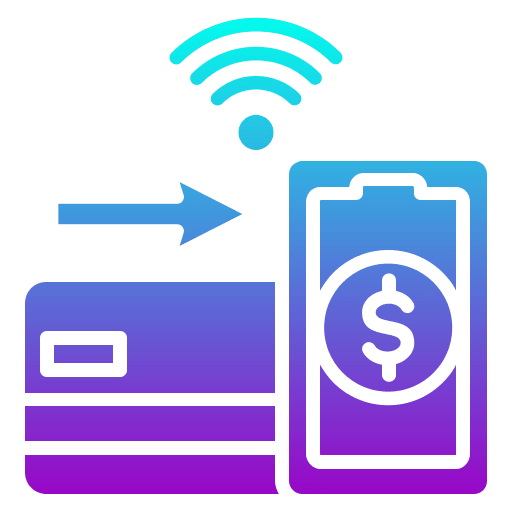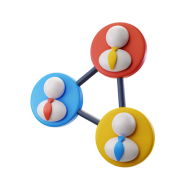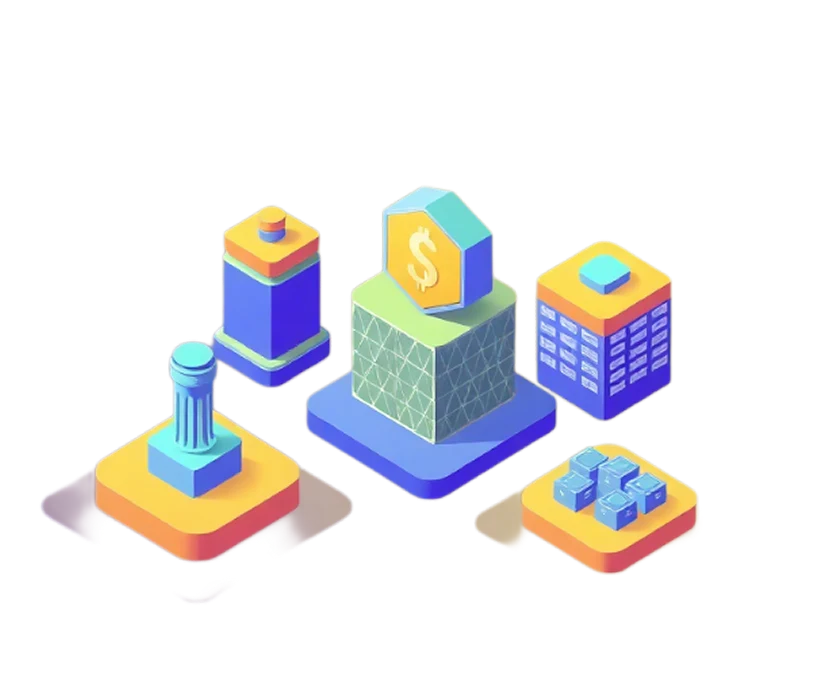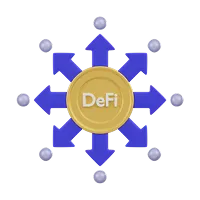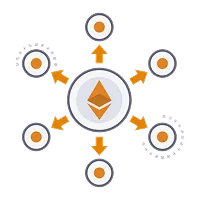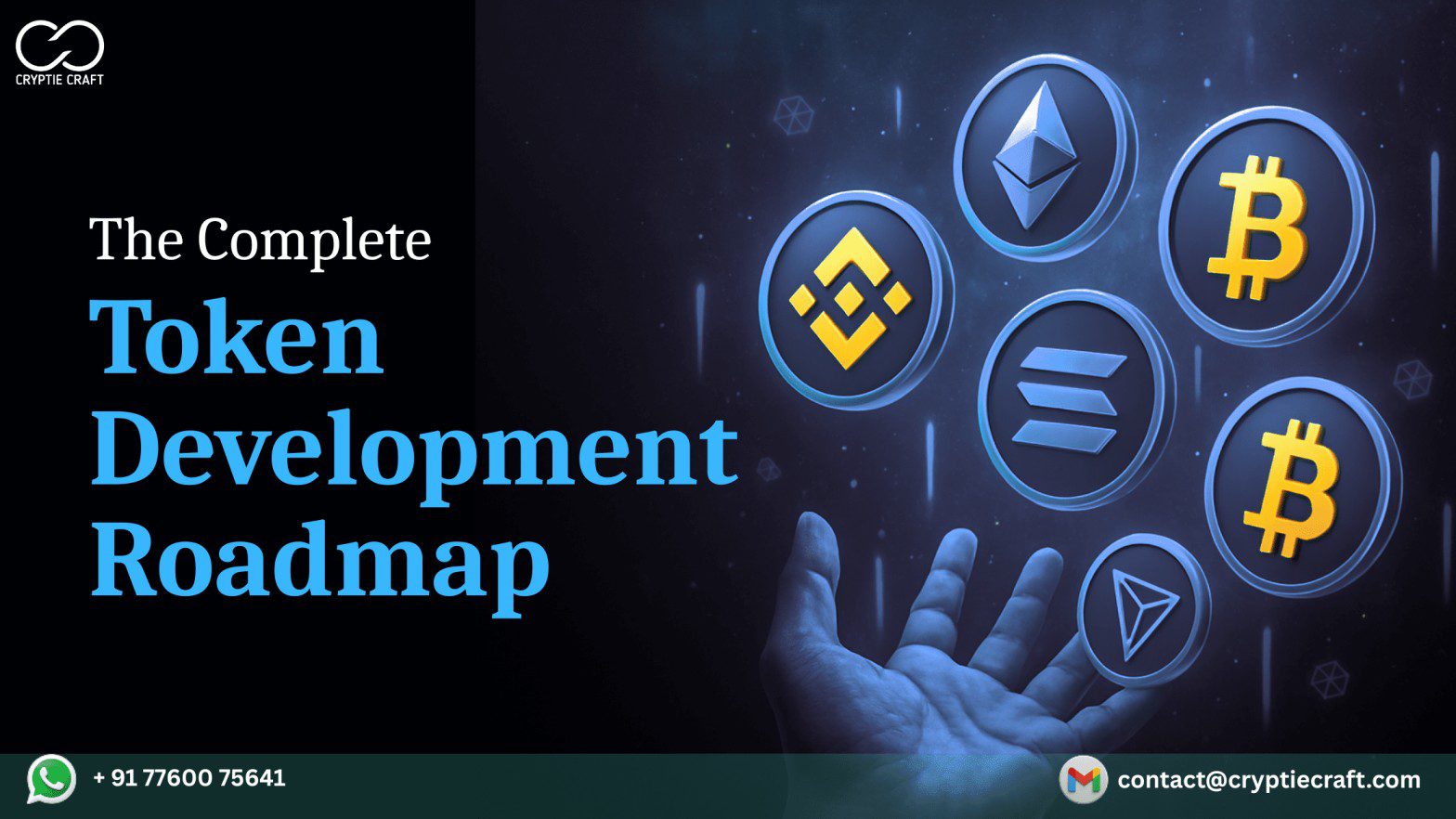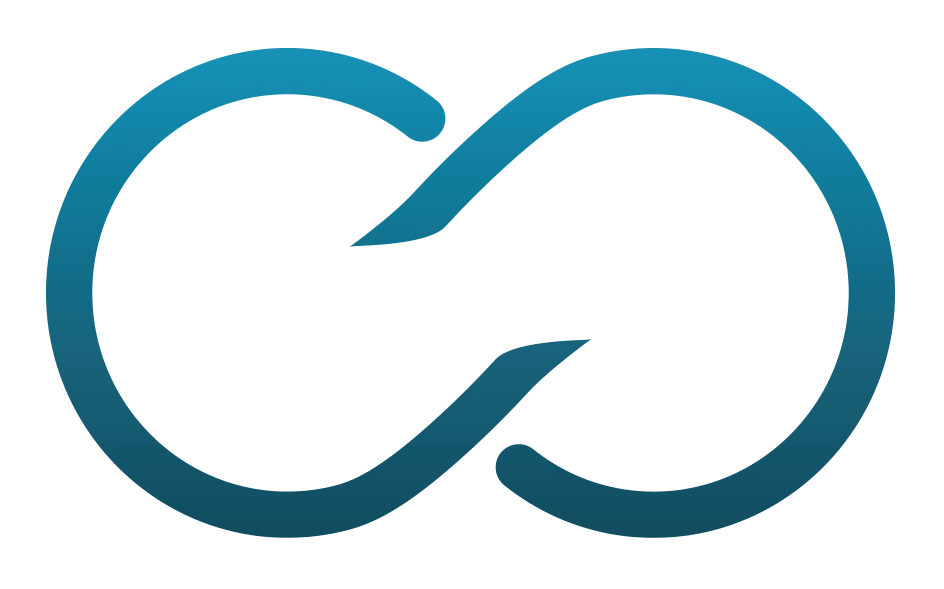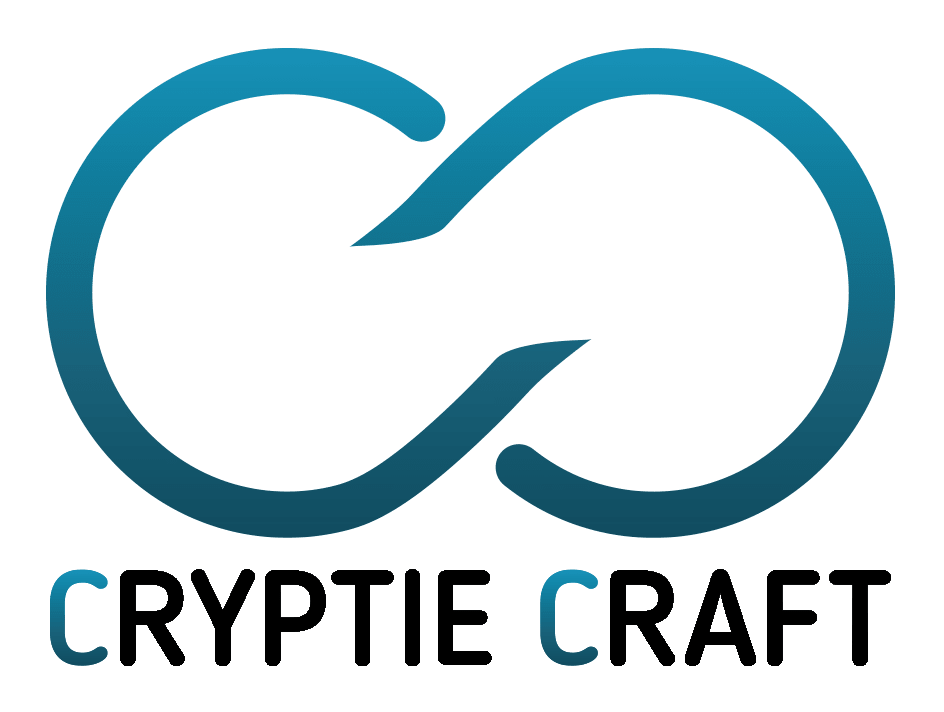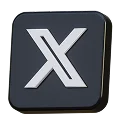Tokens are more than just digital assets, they are the catalyst for innovation in the blockchain space. It is used to automate smart contracts, power decentralized apps (dApps) as well as to perform crowdfunding. Whether you are launching a Web3 application, NFT marketplace, or DeFi protocol, Token development is more important to expand and operate your ecosystem. In this guide, we will explore the complete token development roadmap for 2025 that assists you to transform your concept into a scalable, secure, and fully functional token.
Let’s begin with the basics: What tokens and coins are, and how each plays a unique role in the development process.
What is the Difference Between a Token and a Coin?
Tokens and coins have their unique functions in the blockchain and crypto space. Being clear on their differences is more essential before stepping into your token development journey.
Coins operate on their own native blockchains, such as Bitcoin, Ethereum, and Solana. Generally, they act as a digital currency and are used in trades and transactions.
Whereas, tokens are created on the existing blockchains (like Ethereum or BSC Chain). Tokens have a wide range of use cases, from ownership of digital or physical assets to access rights, voting authority, and they are entirely dependent on the host blockchain’s infrastructure.
Types of Tokens in Blockchain Development
Here are the most common types of tokens you can create for your business.
1. Utility Tokens
A utility token is a digital asset created to give users access to certain features, products, or services within a blockchain-powered platform. They’re often introduced during fundraising events like Initial Coin Offering (ICOs) helping projects grow their ecosystem and engage their community.
2. Security Tokens
Security tokens are regulated and regarded as investment contracts as they represent ownership in real world assets like real estate, gold and other financial instruments.
3. Governance Tokens
Governance tokens are created to give holders a voice in the direction of blockchain projects such as suggesting new features, voting on updates, or even changing how the governance system works.
4. NFT & Hybrid Tokens
NFT is nothing but represents ownership of unique digital or real world assets which can be stored on blockchain such as art, music or virtual goods.
Hybrid tokens offer both ownership and utility by combining features from several token standards like ERC-20, ERC-1400, BEP-20.
These are the most preferable types of token that you can create for your business. Let’s dive deep into all phases of token development and how the leading Crypto Token Development Company helps you in creating and launching your token as per your business needs.
Pre-Development Strategy for Token Creation
Define Token Purpose and Business Model
Start by defining your token purpose. Whether it provides access, represents ownership, delivers reward, or supports fundraising. Make sure the use case is clear and how it aligns well with your platform or product functions.
Select the Right Blockchain Platform
Popular options like Ethereum, BNB Smart Chain, Polygon, Solana have their own pros and cons in terms of gas fees, ecosystem, and developer support. Be careful in selecting the blockchain platform that suits your requirements.
Analyze Legal/Regulatory Landscape
Legal compliance might be required based on the token classification. It is recommended to work with legal experts to assess whether your token is a utility, security, or payment instrument, and ensure compliance with the regulatory framework.
Design Tokenomics Model
Tokenomics is the framework that defines how a token functions within a project. It covers everything from how tokens are created and distributed and what keeps people interested in holding or spending them. A well-thought-out tokenomics model helps build trust, encourages long-term engagement, and supports the overall growth of the platform.
Token Development Phase: Technical Part
Choose Token Standard
The blockchain you choose will determine the token standards you work with like ERC-20, BEP-20, ERC-721 or ERC-1155, Each of these standards defines the nature of the token and behaviour on the blockchain.
Smart Contract Setup
A smart contract is a self-running program stored on the blockchain. It lays out the rules for how a token works like transfers, minting, burning, ownership rights, and privacy. When a smart contract is properly audited, it builds trust. It shows users and investors that the system is secure and the project takes reliability seriously.
Test on Testnet
Use blockchain testnets like Goerli or BSC Testnet to simulate deployment and check how contracts behave in a live-like environment.
Simulate Transactions and Network Behaviour
Ensure your token works correctly under various conditions, high volume, multiple wallet types, complex permissions, and token burns/mints.
Deploy on Mainnet Securely
After testing and audits, deploy the token contract to the mainnet. This step is irreversible, so careful execution and review are mandatory.
Post-Development: Token Launch & Marketing
List on DEX/CEX
Start with decentralized exchanges like Uniswap or PancakeSwap for easy listing. If your project gains traction, consider applying for listings on centralized exchanges like Binance, KuCoin, or Gate.io.
Run an ICO/IDO Campaign
Launch fundraising campaigns like ICO, IDO to enhance the visibility of the token. These help raise capital and distribute tokens to the community.
Execute a Marketing and Community-Building Strategy
Launch PR campaigns, influencer partnerships, social media growth strategies, and community engagement.
Why Choose Cryptiecraft for Token Development?
Even though blockchain adoption gains momentum, navigating in a proper direction is essential in the token development process both strategically and technically. At Cryptiecraft, we don’t just build tokens, We help you transform ideas into impactful solutions. Cryptiecraft helps in the token development process and why we are the most preferable solution provider.
- Token Development – From strategy to smart contract deployment.
- Multi-Chain Expertise – Ethereum, BNB Chain, Polygon, Solana & more..
- Custom Tokenomics Design – Tailored to your project’s goals.
- Security-Focused Approach – Audited Smart Contracts integration.
- Launch & Listing Support – Including ICO/IDO setup and exchange listing.
Final Thoughts
Token development in 2025 is more than just a technical task, it is a strategic initiative that can define the success of your blockchain project. From selecting the right blockchain and standards to auditing, launching, and marketing, each phase plays a vital role in building a token.


